The United States can now deny visas and green cards for foreign nationals seeking to immigrate to the country based on pre-existing chronic health conditions such as diabetes and heart disease. The new guidance was issued by the US President Donald Trump’s administration as it intensifies its crackdown on immigration.
According to The Times of India, the directive was sent by the US Department of State to the country’s embassy across the world. The move significantly expands the criteria for who is deemed a potential “public charge”. A cable sent by the Department to the visa officers instructs them to flag an applicant’s medical condition.
The medical conditions which could require “hundreds of thousands of dollars’ worth of care” are supposed to be highlighted. The list of conditions cited in the memo included cardiovascular diseases, respiratory diseases, cancers, diabetes, metabolic diseases, neurological diseases, and mental health conditions.
Why the restriction
The Department made it clear that the list of conditions is not limited to those that have been mentioned. The State Department guidance specially advises officers to consider conditions like obesity, noting that it can lead to costly complications such as asthma, sleep apnea, and high blood pressure.
The reason behind the rule being imposed is the fact that the Trump administration believes all these chronic illnesses are potential indicators that an individual might become a future financial burden on the United States.
The policy shift, which was revealed on Thursday, is now being seen as one of the most aggressive moves in the administration’s broader immigration crackdown, effectively linking an applicant’s health status to their eligibility for entry.
However, it is still unclear if this directive would include those applying for tourist or student visas. As of now, it technically applies to all visa applicants, including those seeking non-immigrant visas for tourism (B-1/B-2) and studies (F1). However, it is expected to be primarily used for those seeking to permanently reside in the US.
Impact Shorts
More ShortsThe new restriction is seen as a stricter implementation of the “public charge” rule—a century-old immigration provision designed to exclude those likely to become primarily dependent on government assistance. It is pertinent to note that health screenings have always been part of the visa process.
However, it traditionally focused on communicable diseases like tuberculosis. Immigration advocates warned that the new regulation would grant consular officers, who lack medical expertise, sweeping authority to make subjective judgments about an applicant’s long-term health since no one is expected to disclose their ailments in visa applications.
Immigration experts argued that the new regulation would dramatically reduce legal immigration for older applicants and those with common chronic illnesses.


)
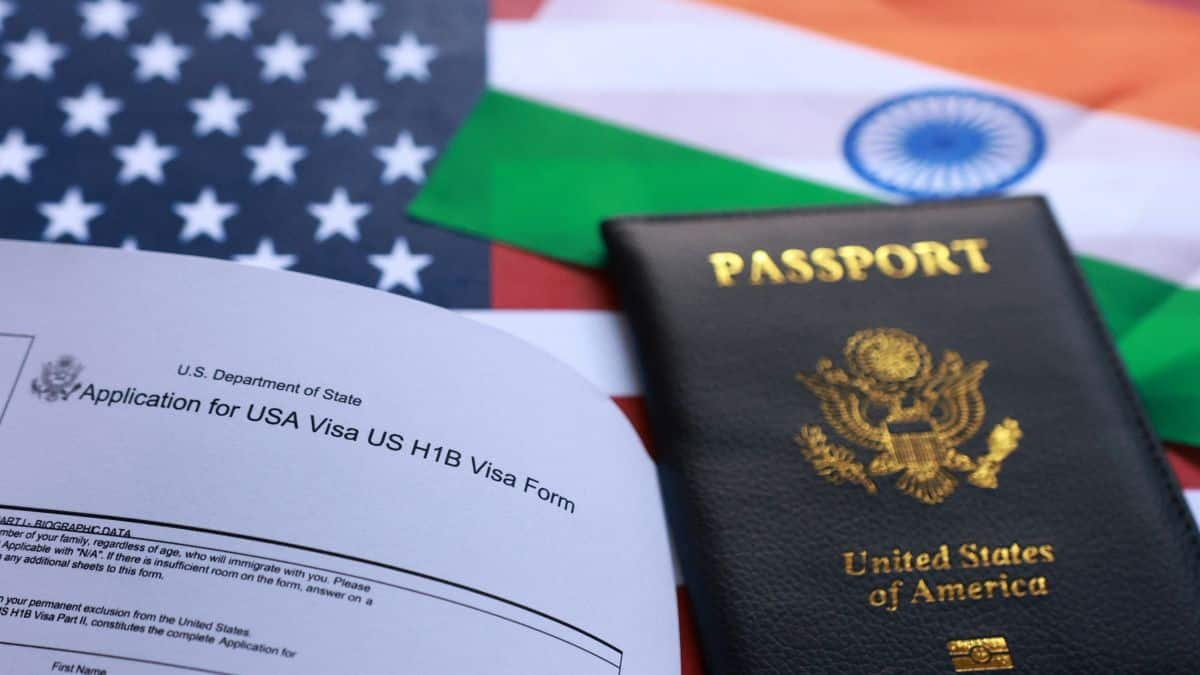
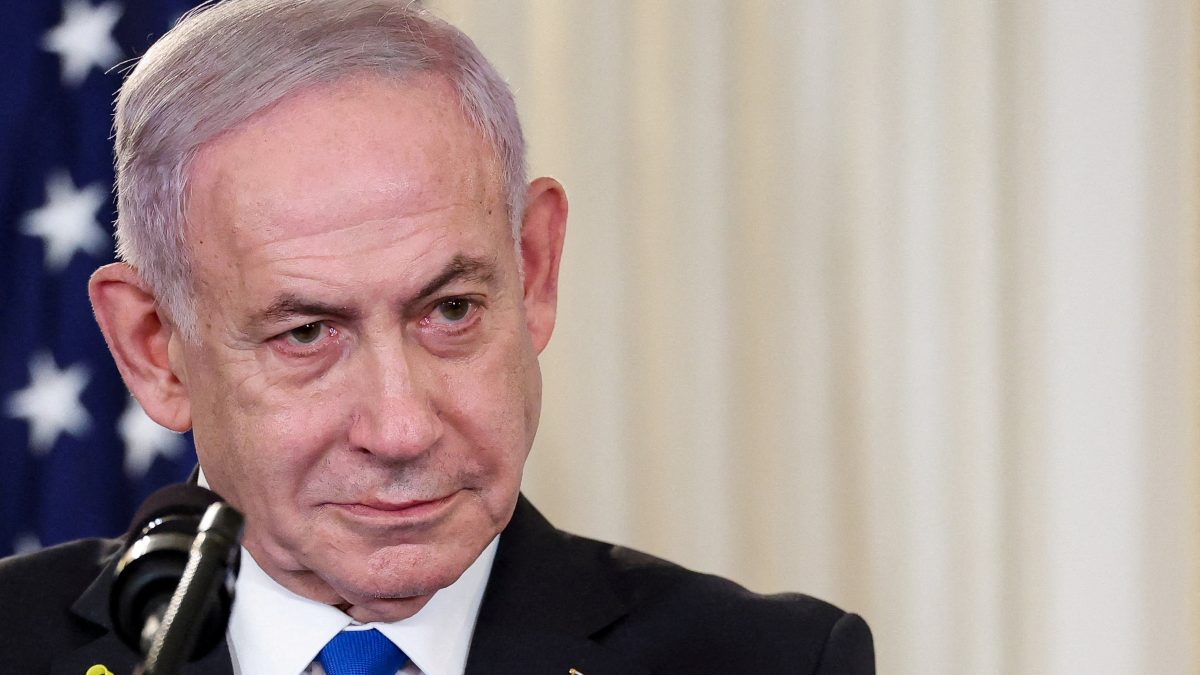)
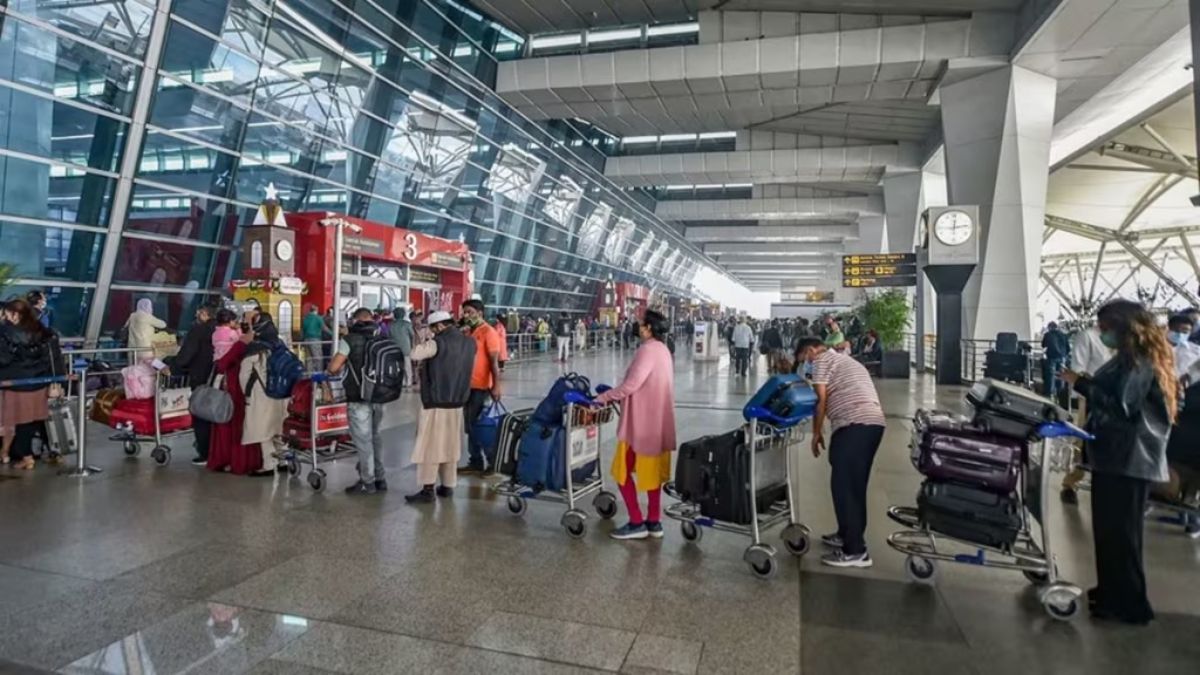)
)
)
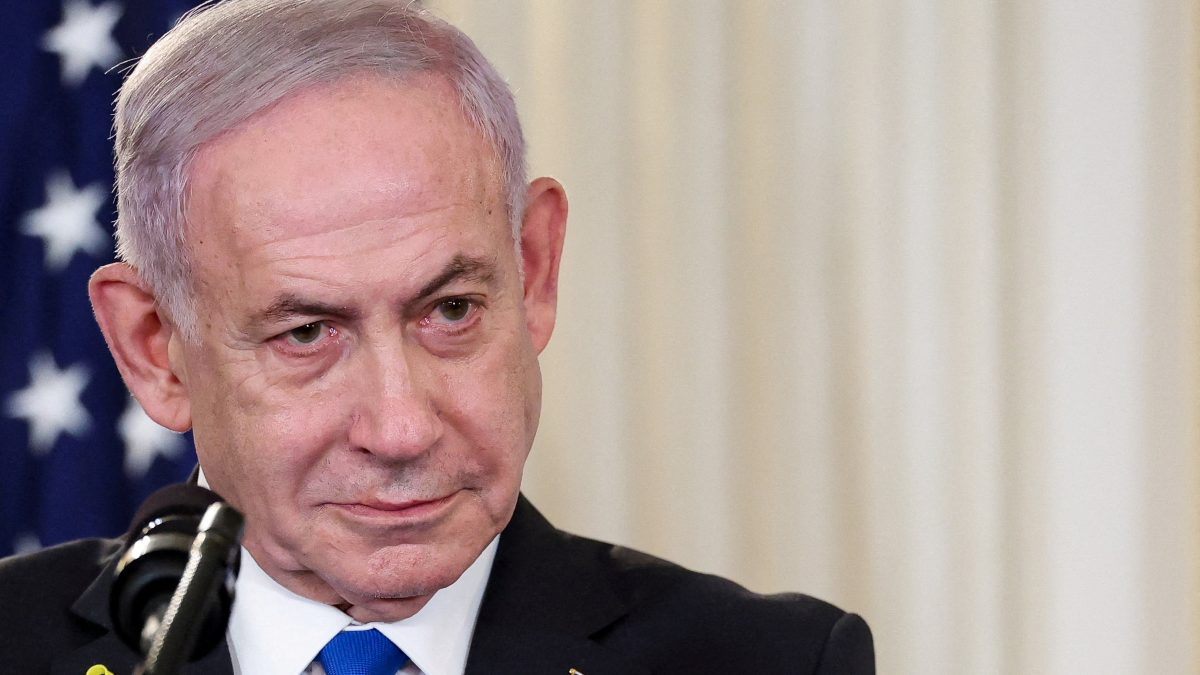)
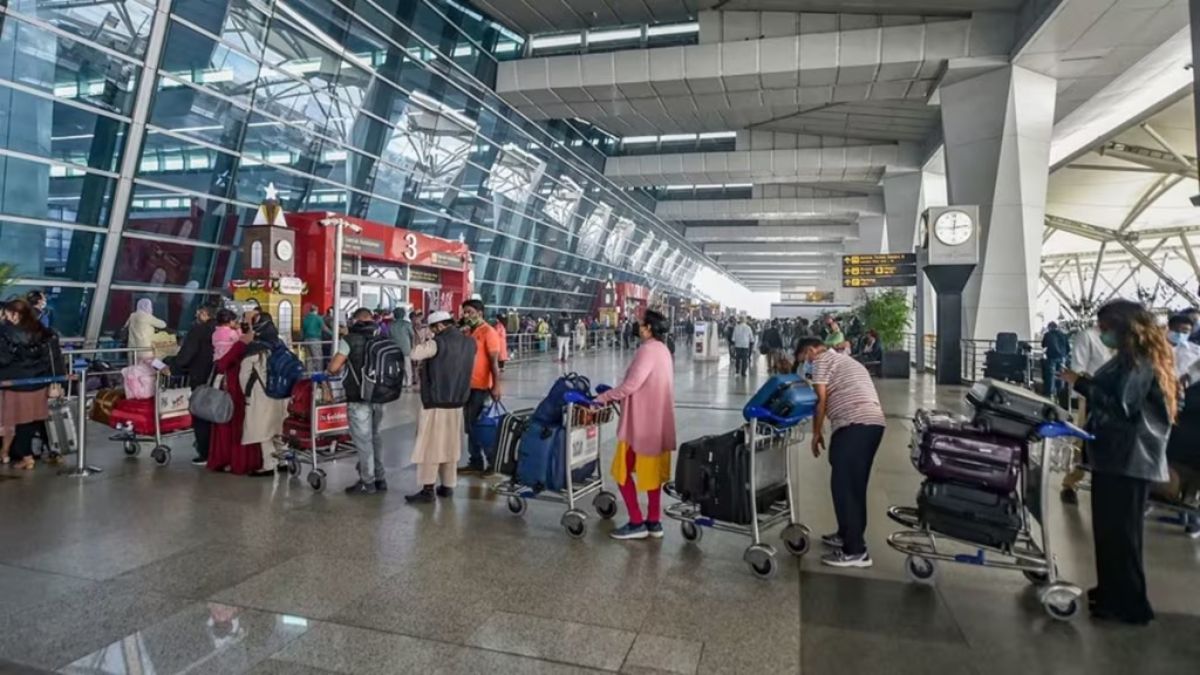)
)
)



